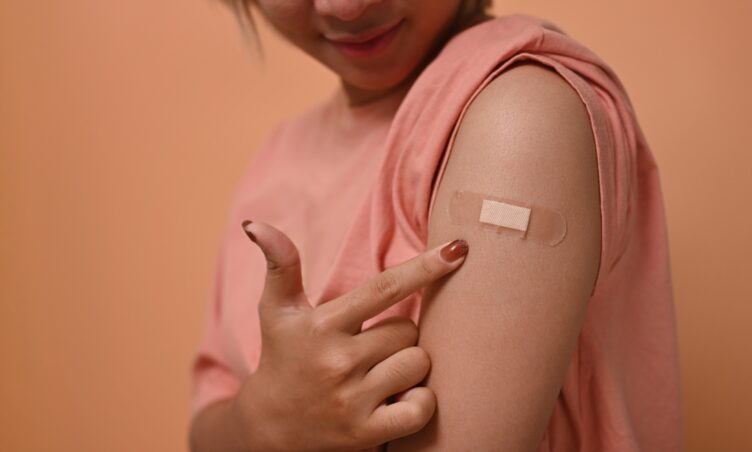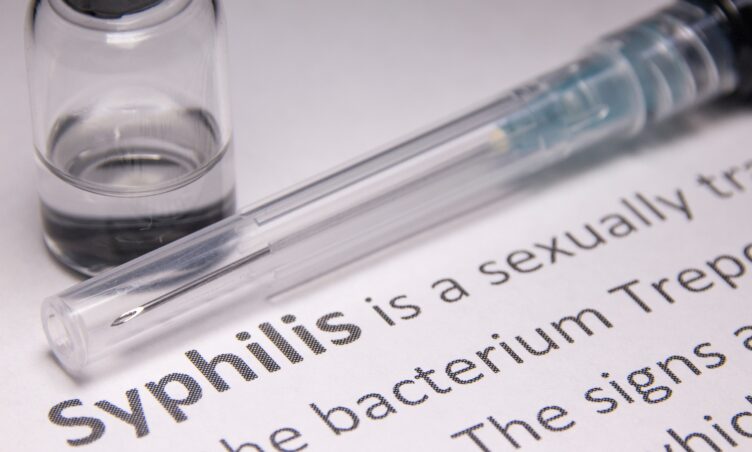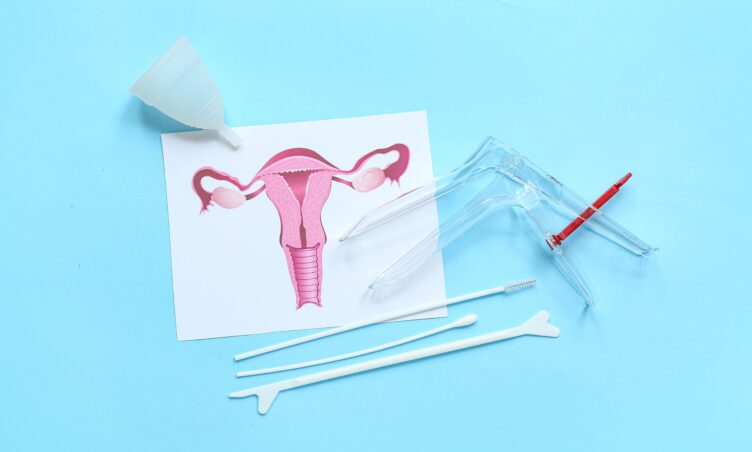What happens at an STI test?

Getting a sexual health test can seem a bit awkward – but try not to be embarrassed. The doctors and nurses who provide sexual health testing have seen and heard it all before! Most people will get an STI at some point in their lives and getting tested regularly is an act of self-care and means you’re taking care of your health and the health of your partner(s) and community.
The health professional you see will take a sexual health history. These questions are to help figure what sort of testing to have and the possibility of you having an STI. Some of the questions they might ask include:
- When was the last time you had sex?
- In last 3 months how many partners have you had?
- What sort of sex do you have? (anal, oral, vaginal, with sex toys)
- Do you use condoms?
- How often do you use condoms? (eg. 50% of the time, 100% of the time)
- When was your last period?
- Are you using any contraception?
- Are you experiencing any symptoms? (change in discharge, itch, lumps or bumps, bleeding after sex etc.)
- Has anyone contacted you to let you know they have an STI?
If you are experiencing symptoms the health professional can do a genital examination and testing for you. You can stop this at any time or you can request not to have an examination. If you have symptoms and the health professional you see thinks they are most likely to be caused by an STI, you may be offered treatment before your test results come back.
If you aren’t experiencing any symptoms you won’t need a genital examination. You might pee in a cup, self-collect a vaginal swab and/or anal swab and possibly get a swab of your throat.
You can get also a blood test where they’ll usually take just one tube of blood.
Then just wait for your test results! (sometimes this can be trickier than the testing itself!).
To find a service near you that provides STI testing, contact us – on 1800 696 784, weekdays 9am – 5pm.






